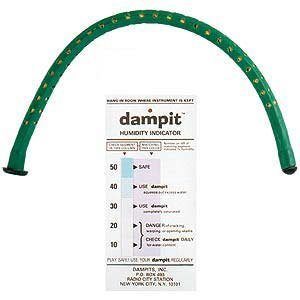Welcome to our forum. A Message To Our New and Prospective Members . Check out our Forum Rules. Lets keep this forum an enjoyable place to visit.
Currently working on errors from the latest (SimplePress) forum update. Many issues have been resoled and others are being worked on. Thank you for your patience.
 Topic RSS
Topic RSS Related Topics
Related Topics




 (0 votes)
(0 votes) Honorary tenured advisor
Regulars
In your review of the CVA-600 Viola, you mention the strings in the "Cons" list with:
- Steel core strings hinder richer sound and make it difficult to play in-tune.

Regulars
 Offline
Offline

Pro advisor
Regulars
I'm going to chime in here late bloomer. I do know Dallas, I have been there many times and you don't have to worry about string instruments drying out there. There is a lot of weather changes there but ya don't have to worry about drying out your violin. I really don't understand why people use humidity controlled cases, that's almost a gimmick to me. I have guitars that are 50 years old that sound better then some of my new ones. Ya just have to play them. If they sit in a closet or something for many years then that's where the problems start. And steel strings should work just fine but they take longer to tune in cause they do stretch and shrink a lot and you do have to change them more often.
Regulars
 Offline
Offline

Here in Northeastern Pa. it's pretty wet around here, we have had floods a couple of times this year alone but in the winter we heat with wood and it can get pretty dry in the house. Still I wouldn't use a snake unless you check out the instrument with a hygrometer. You can get them fairly cheap and some cases have them in them. The main thing that will destroy a violin is extreme changes in temperature. Thing like having the violin in the trunk of your car in winter and then bringing it into a warm house and playing it or in baggage on an airline. It gets extremely cold in the baggage hold. Carry the violin on the plan with you.
Fiddlerman said:
You should not change strings now. Strings often need to be changed after 4-600 hours of playing to sound good and you have an extra set as well.
Somewhere I read: one should change the strings that came with the violin as soon as he/she received the violin, is this true?
Somewhere I read: strings like those came with the cecilio violins (or other brand like helicore) do not last as long as Dominant strings, so should we change them sooner than 4-600 hours of playing or should we just change them when they began to sound bad? If they are in fact has shorter life, how much shorter? and thus, how much sooner should we change them?
Pro advisor
Regulars
Yah Late bloomer you got me there... I go to Dallas area 2 to 3 times a year. I couldn't believe all the rain when I was there about 8 months ago and then was there a few months ago and the heat was unbelievable. I think it was or felt like 120 plus degrees everyday. I have never used any types of protection for my guitars and never had any crack or anything but I'm not experienced with violins (yet).
Regulars
 Offline
Offline
My 45 year old violin, which I recently donated, lived in a simple cheap case in my closet on the Mojave Desert for many years. I never took any particular steps to protect it from the low humidity here (or high humidity from the swamp coolers) and it suffered no bad effects. I worry more about excessive heat or direct sunlight for long periods. I would never keep a violin in a car in the summertime (or in a place that isn't suitable for storing Hershey bars.  ) After 45 years in its case it was still in mint condition. The strings were fine. The horsehair on the bows was a different story.
) After 45 years in its case it was still in mint condition. The strings were fine. The horsehair on the bows was a different story.
I've learned so much from my mistakes that I've decided to make some more.
1 Guest(s)


 Log In
Log In Register
Register

























 Maybe I am looking for anything that will make me sound better. Yea, I know PRACTICE!
Maybe I am looking for anything that will make me sound better. Yea, I know PRACTICE! 



